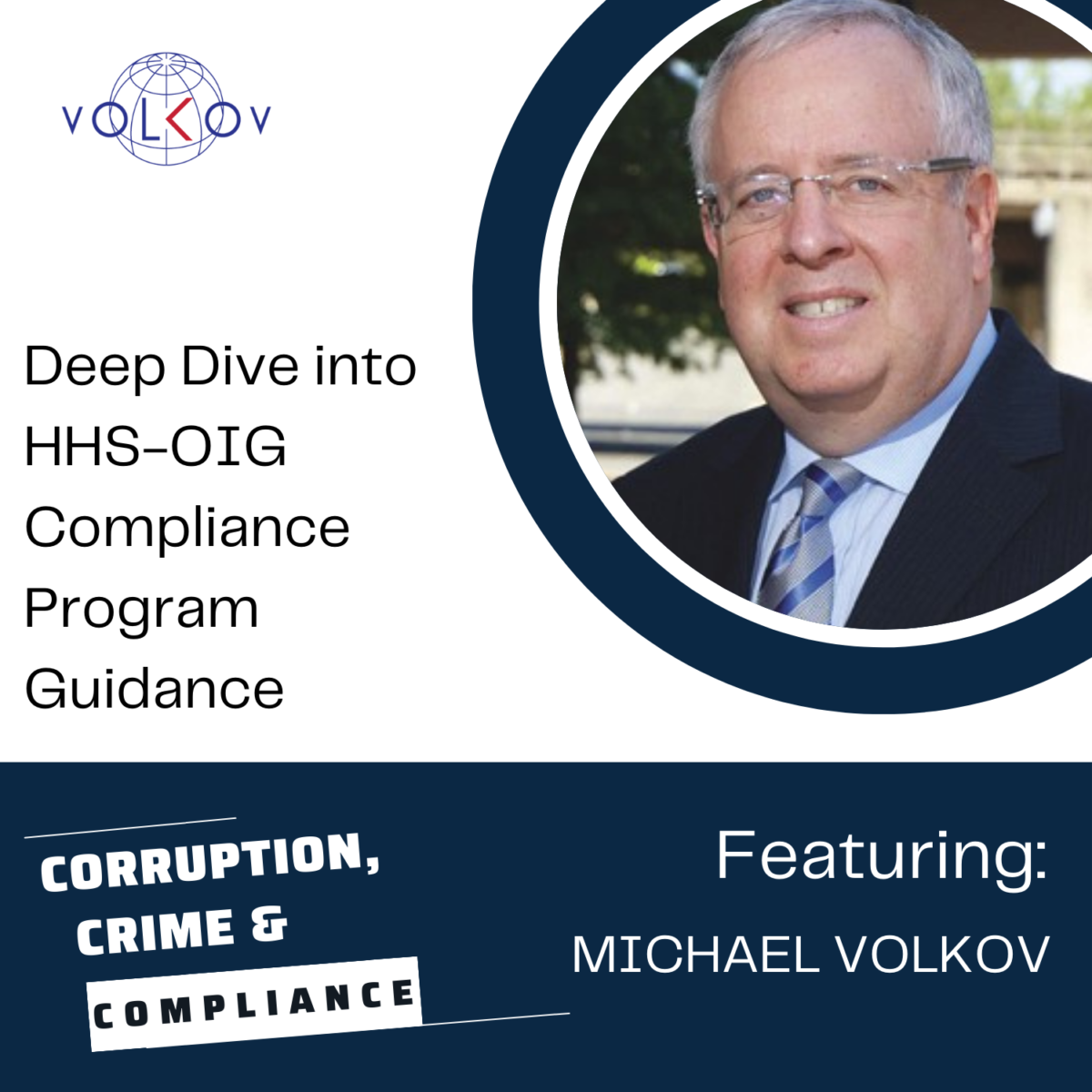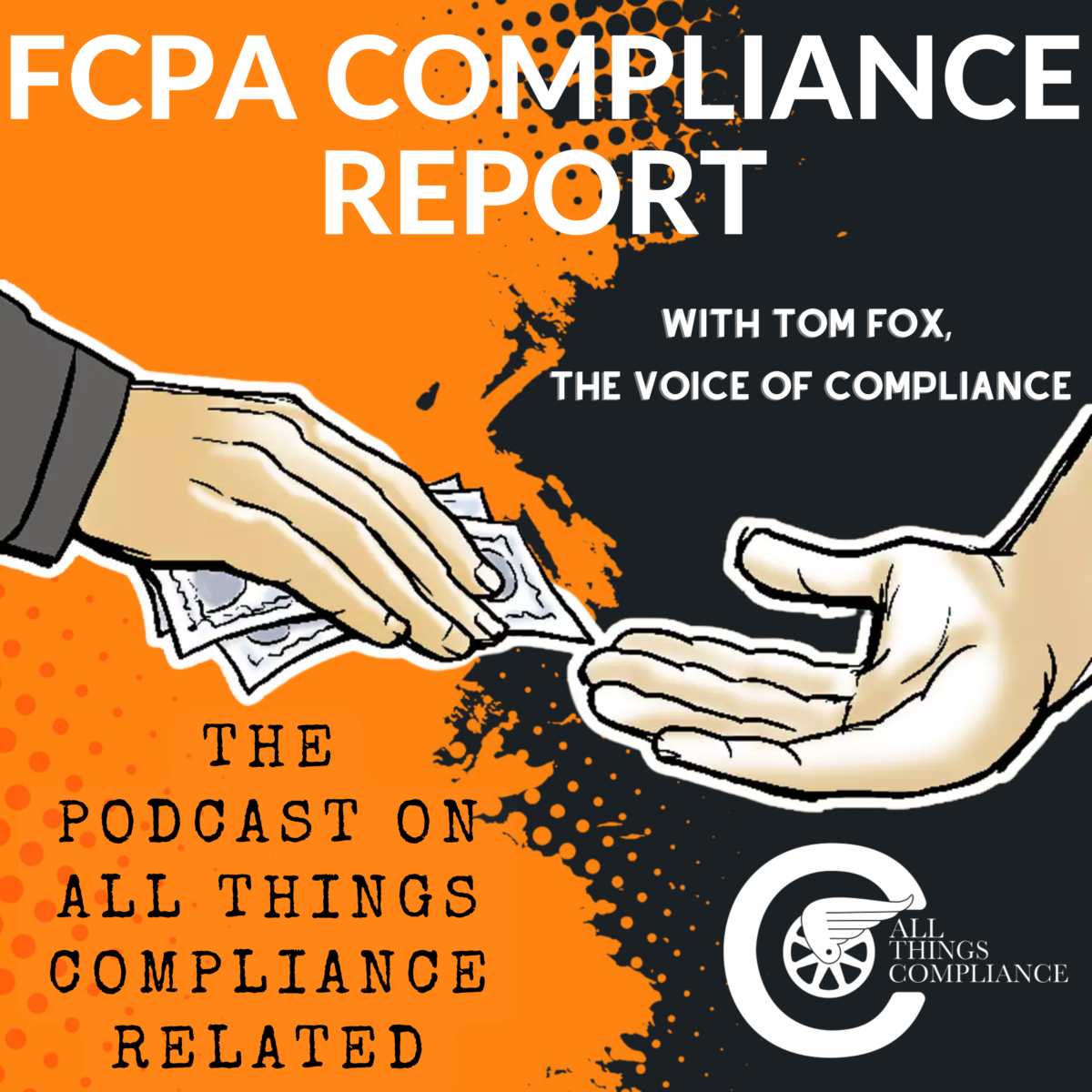We continue our review of DOJ initiatives from 2023 and what they may portend for the compliance professional in 2024 and beyond. In October 2023, Deputy Attorney General Lisa Monaco announced a new policy regarding M&A. It is a Mergers & Acquisitions Safe Harbor policy that encourages companies to self-disclose criminal misconduct discovered by an acquiring company during the acquisition of a target company. Under the policy, the acquiring party will receive a presumption of criminal declination if it promptly and voluntarily discloses criminal misconduct, cooperates with any ensuing investigation, and engages in appropriate remediation, restitution and disgorgement.
The Safe Harbor policy is a clear continuation of the DOJ’s push for corporate voluntary self-disclosure. Monaco outlined efforts by DOJ to increase the benefits to companies that voluntary disclose corporate misconduct rather than those companies that decide not to disclose misconduct. The key for the acquirer company to obtain the “carrot” DOJ is dangling and poses questions as to the “stick” the DOJ might wield if a self-disclosure does not achieve safe harbor, or more broadly, if an acquirer fails to identify criminal misconduct in the acquisition process, either pre or post-closing. This new Mergers & Acquisitions Safe Harbor Policy clearly demonstrates the DOJ’s interest is to avoid discouraging companies with strong compliance programs from acquiring companies with ineffective compliance programs and/or a history of misconduct. To the contrary, DOJ is seeking to incentivize an acquiring company to timely disclose misconduct uncovered during the M&A process.
The Key Policy Takeaways are as follows:
- The acquiring company must disclose criminal misconduct within six months of the transaction closing date.
- The acquiring company has one year from the closing date to fully remediate the misconduct, including remediation, restitution and disgorgement, where appropriate.
- Both deadlines are subject to reasonableness and may be extended by prosecutors due to deal complexity and other factors.
- Misconduct that threatens national security or involves ongoing imminent harm must be immediately disclosed.
- Misconduct disclosed under the policy will not factor into present or future recidivist analysis for the acquiring company.
- The acquiring company’s eligibility for a criminal declination will not be impacted by the presence of aggravating factors at the acquired company.
- The target company can also qualify for self-disclosure benefits, potentially including a declination, if there are no aggravating factors at the target company.
- The policy does not impact civil merger enforcement.
- The policy does not apply to misconduct that is otherwise required to be disclosed, already public or otherwise known to the DOJ.
Under this new Mergers & Acquisitions Safe Harbor, which applies across the Department of Justice, companies that promptly and voluntarily disclose criminal misconduct with the Safe Harbor period, and then cooperate with the resulting investigation, engage in timely and appropriate remediation and pay applicable restitution and disgorgement, will receive a presumption of a declination. Once again, the key deadlines are as follows:
- Companies must disclose misconduct discovered (whether pre-or post-acquisition) at the acquired entity within six (6) months from the date of closing.
- Companies will then have one year from the date of closing to fully remediate the misconduct.
The 6 month and one-year deadlines are subject to modification depending on the specific circumstances and complexity of the transaction. The acquired company can also qualify under the Mergers & Acquisition Safe Harbor Policy for voluntary self-disclosure benefits. Interestingly, DOJ clarified that any misconduct disclosed under the Safe Harbor Policy will not implicate or be counted in any future potential recidivist analysis.
As with most new DOJ policy initiatives, these concepts have been around for some time. As far back as 2008, the DOJ in Opinion Release 08-02 laid out safe harbor concepts in mergers and acquisitions. This Opinion Release was followed by the FCPA Resource Guide, 1st edition, released in 2012 which brought these concepts forward. However, many defense counsel decried the lack of certainty in both of these initiatives. Now under this new Mergers & Acquisition Safe Harbor Policy, the benefits are laid out in black and white.
The DOJ has made clear that under this new Mergers & Acquisition Safe Harbor Policy organizations that do not perform effective due diligence or self-disclose misconduct at an acquired entity will be subject to full successor liability. DOJ’s objective is clear — they do not want to penalize companies with strong compliance programs from acquiring companies with weak compliance programs when they conduct proper due diligence and discover and self-disclose misconduct. With this new policy, the DOJ is encouraging companies to conduct robust pre-acquisition due diligence and post-acquisition integration. Compliance must have a prominent seat at the deal table if an acquiring company wishes to effectively de-risk a transaction.








